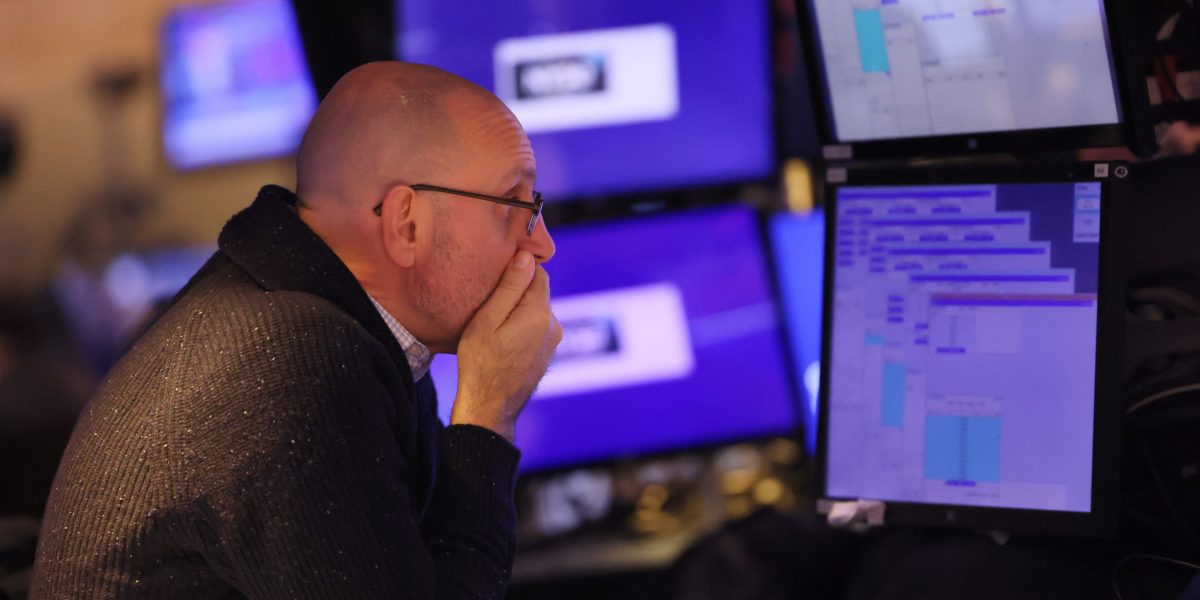
It’s not uncommon for employers to offer training in first aid through programs like the Red Cross, where workers are taught essential life-saving medical skills needed in emergencies. But what if companies also trained workers in mental health first aid?
It’s an effort Goldman Sachs is pursuing. The investment banking giant rolled out its Mental Health First Aid program in Europe in 2019, expanding to Asia in 2021 and the U.S. in 2022. Since then, over 500 employees have become certified as “MHFAiders,” as the firm calls them. It now aims to double that number to 1,000 by the end of 2024.
“Our people have really recognized the importance of this program across various levels,” says Jacqueline Arthur, Goldman’s global head of human capital management. “We wanted to make sure individuals on our floor are able to help identify and support mental health considerations.”
In the program, which takes around seven hours to complete, participants are placed in groups where they’re taught how to listen to one another’s consternations without judgment and recommend suitable services. Those who complete the training receive certification as a mental health first aider for three years before recertifying.
Brian Robinson, a partner and Americas head of prime brokerage sales, first became certified at Goldman’s London office and recertified last year. Already a mindfulness and meditation practitioner, Robinson says taking the program was a “natural next step to understanding mental wellness and building resilience.”
The bank recently announced several other initiatives around mental health. As of October 1, the firm provides virtual mental health services to employees worldwide. And it will launch an expanded virtual training for managers on recognizing and navigating mental health concerns at work in the first quarter of 2024, building upon existing in-person training.
I’ve previously covered the debate over whether companies should saddle leaders with caring for subordinates’ mental health. But Arthur and Robinson say managers serve as models for younger employees and should routinely check in on staff and recognize signs of mental distress.
Goldman’s expansion of mental health support could reflect a turning point on Wall Street, where young and seasoned professionals alike have pushed back on the sector’s notoriously long hours and complained of the resulting physical and mental health deterioration.
“Young workers need more experienced, senior people to lead by example,” says Robinson. “They are looking for guidance on: How do I balance my life? What do I think about these things? And how do I try to make sure that I’m working towards performance, not always perfection?”
Paige McGlauflin
[email protected]
@paidion
Reporter’s Notebook
The most compelling data, quotes, and insights from the field.
Promoting psychological safety in the workplace is important, but it can also be detrimental to productivity, according to new research from the Wharton School at the University of Pennsylvania and Tel Aviv University.
Moderately psychologically safe workplaces were linked to better routine task performance, while highly psychologically safe workplaces were linked to decreased performance. Researchers urged companies to instead strive for accountability among all employees.
Around the Table
A round-up of the most important HR headlines.
– Tech’s latest employee perk is a full body imaging scan that offers preventative screenings for cancer and other diseases before they reach a life-threatening stage. Bloomberg
– U.S. jobless claims fell to 198,000 last week, the lowest in 10 months. It’s a sign that companies are still holding onto top talent. Reuters
– Close to 40% of Gen Zers surveyed by Ipsos say they’re excited about using AI at work, and more than half think AI will be a generally positive force in the workplace. WorkLife
– A cluster of 70 New York City-based VC firms launched the Venture Access Alliance, which will collect diversity data in an effort to hire and invest in more women and people of color. TechCrunch
Watercooler
Everything you need to know from Fortune.
Copilot demoted. A Microsoft AI bot that can purportedly attend meetings, write emails, and eliminate busy work is set for a November release, but some are wary of an over-reliance on the technology. —Chloe Taylor
Odd one out. Stripe’s CEO said the company prefers to have remote teams work together. “Remotes should be on teams with other remotes, so there isn’t a bunch of office context that they are missing.” —Jane Thier
Two birds, one stone. Dartmouth University president Sian Beilock is among a consortium of higher-ed leaders partnering with corporations to diversify the understaffed semiconductor industry and provide students with related sector skills. —Ruth Umoh
This is the web version of CHRO Daily, a newsletter focusing on helping HR executives navigate the needs of the workplace. Sign up to get it delivered free to your inbox.
